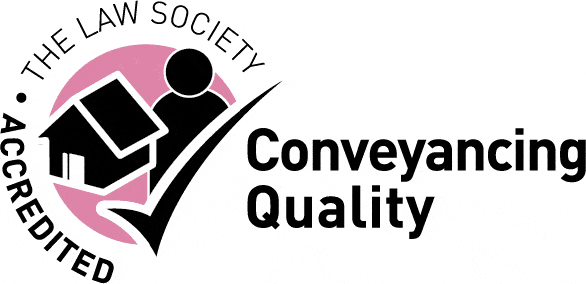Declarations Of Trust

What Is A Declaration of Trust?
A Declaration of Trust is an agreement between the owners of a property that sets out how they will share the equity as well as any income or sale proceeds. It also sets out how they have agreed to share the liabilities and expenses.
It is often used when a third party may have contributed financially to buying a property, such as a parent, and they want that contribution to be recognised. Where a property is owned by more than one person, they all have an interest in the property and are known as co-owners.
Honest prices with no hidden costs
Our transparent fixed fee allows you to budget from the outset.
And if the house sale falls through? Then our guaranteed “no sale – no fee” policy has you covered.
How can we help?
The team at Harrison’s Solicitors in Reading, Caversham and Woodley have a wealth of knowledge when it comes to preparing Declarations of Trust. Some of the key points you will need to consider are:
- What percentage of the property is to be owned by each co-owner
- If the shares in the property will reflect the financial contributions made
- Who has responsibility for repairs, maintenance and insurance
- Who will live in the house
- Who decides when the property will be sold
- If one party will have the right to buy the share of the other at current market value and if so, how the market value will be decided and how this right can be invoked
- How any gain or loss on the sale price will be dealt with
If you are purchasing a property and have any questions about whether you need a Declaration of Trust or wish to put one in place please do not hesitate to contact us at either of our three offices in Reading, Caversham and Woodley.
Does this mean you need a will?
When you put a Declaration of Trust in place, it is also a good idea for each co-owner to make a will. This will mean that, should the worse happen and one co-owner dies, you have already made the decisions as to how that persons share of the property will be dealt with. Without a will, the intestacy rules will apply. These rules do not recognise relationships other than marriage or civil partnerships. Find out more about our will writing services.

